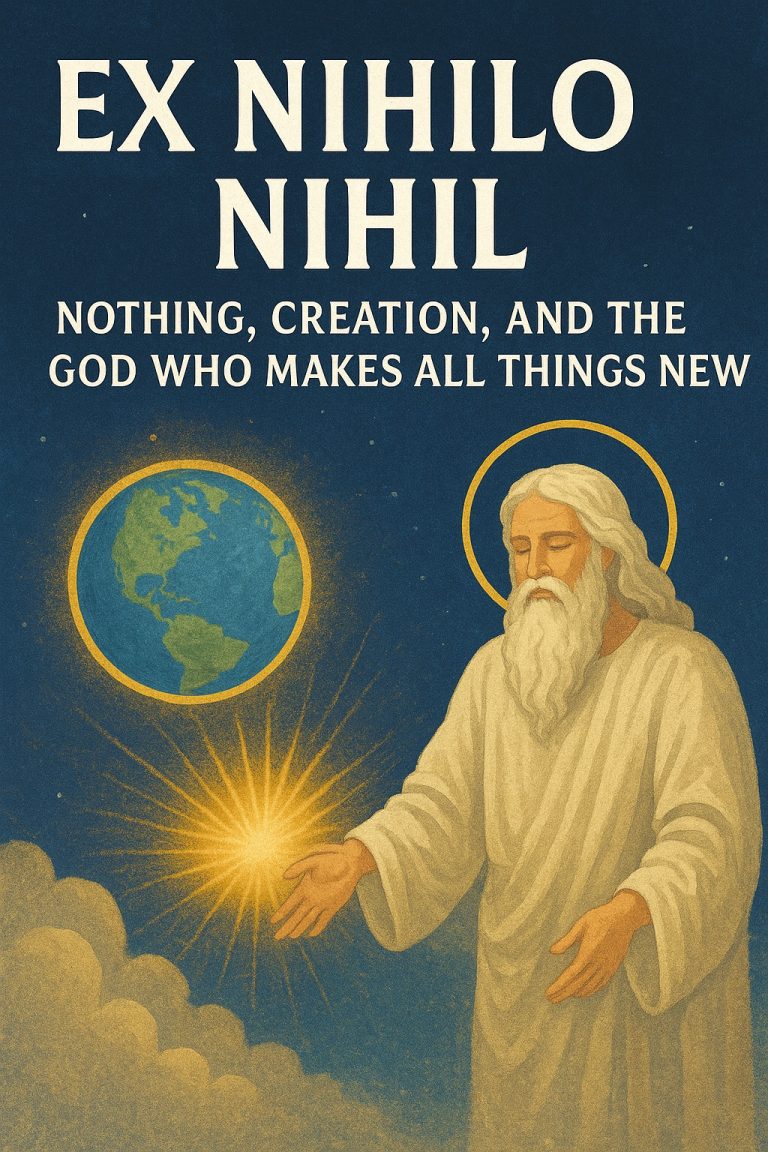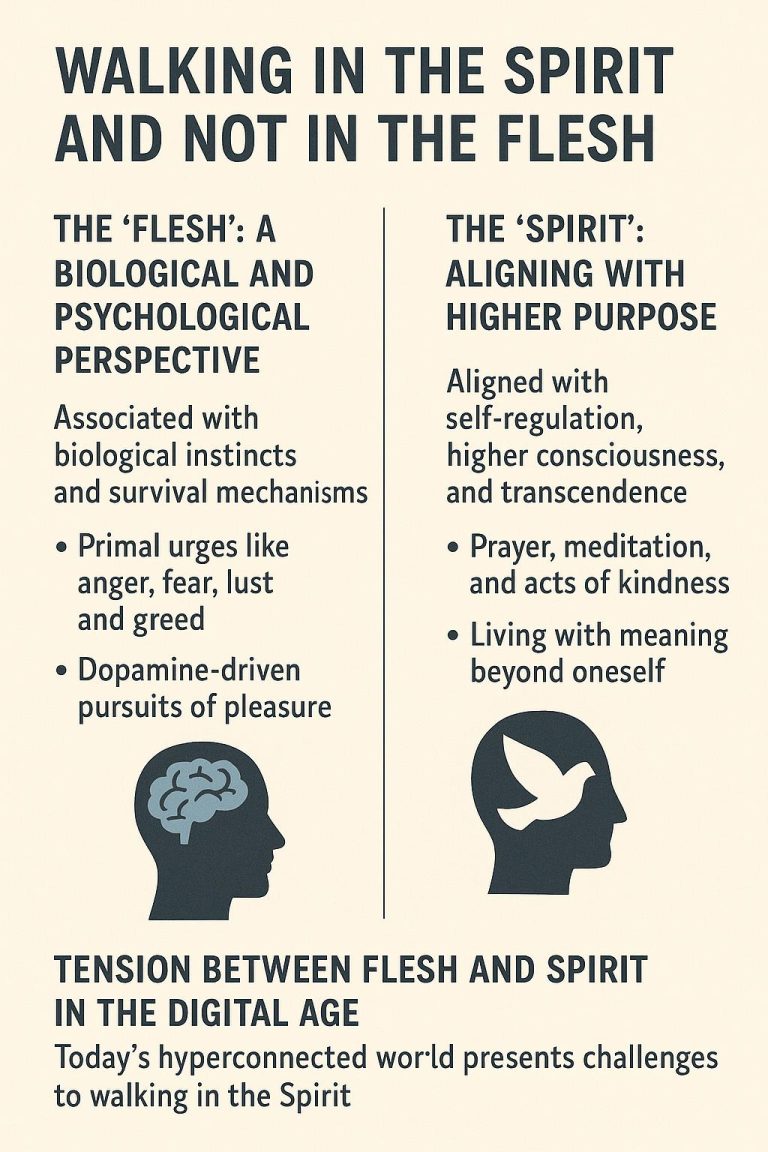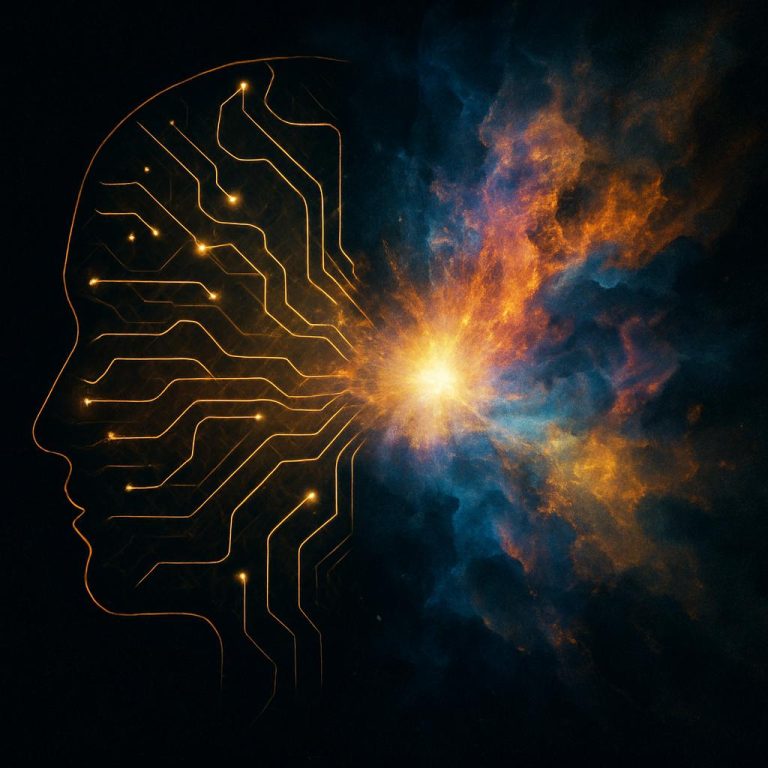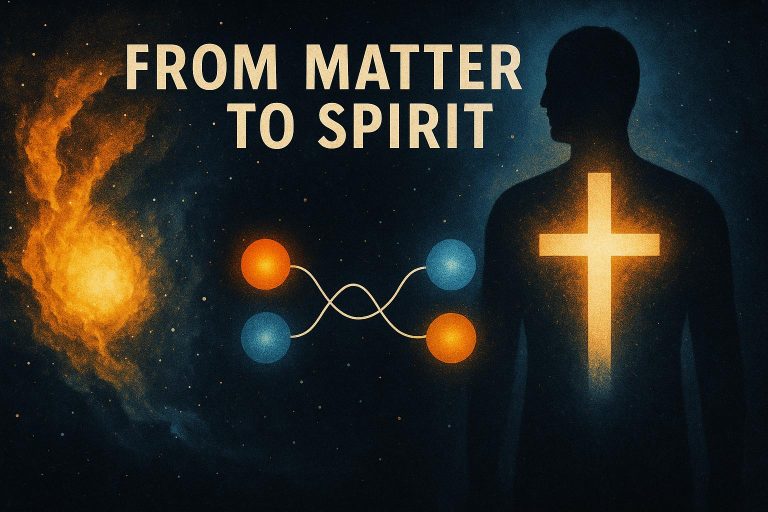The Beginning of the Universe and the Christian Faith: A Dialogue Between Science and Belief
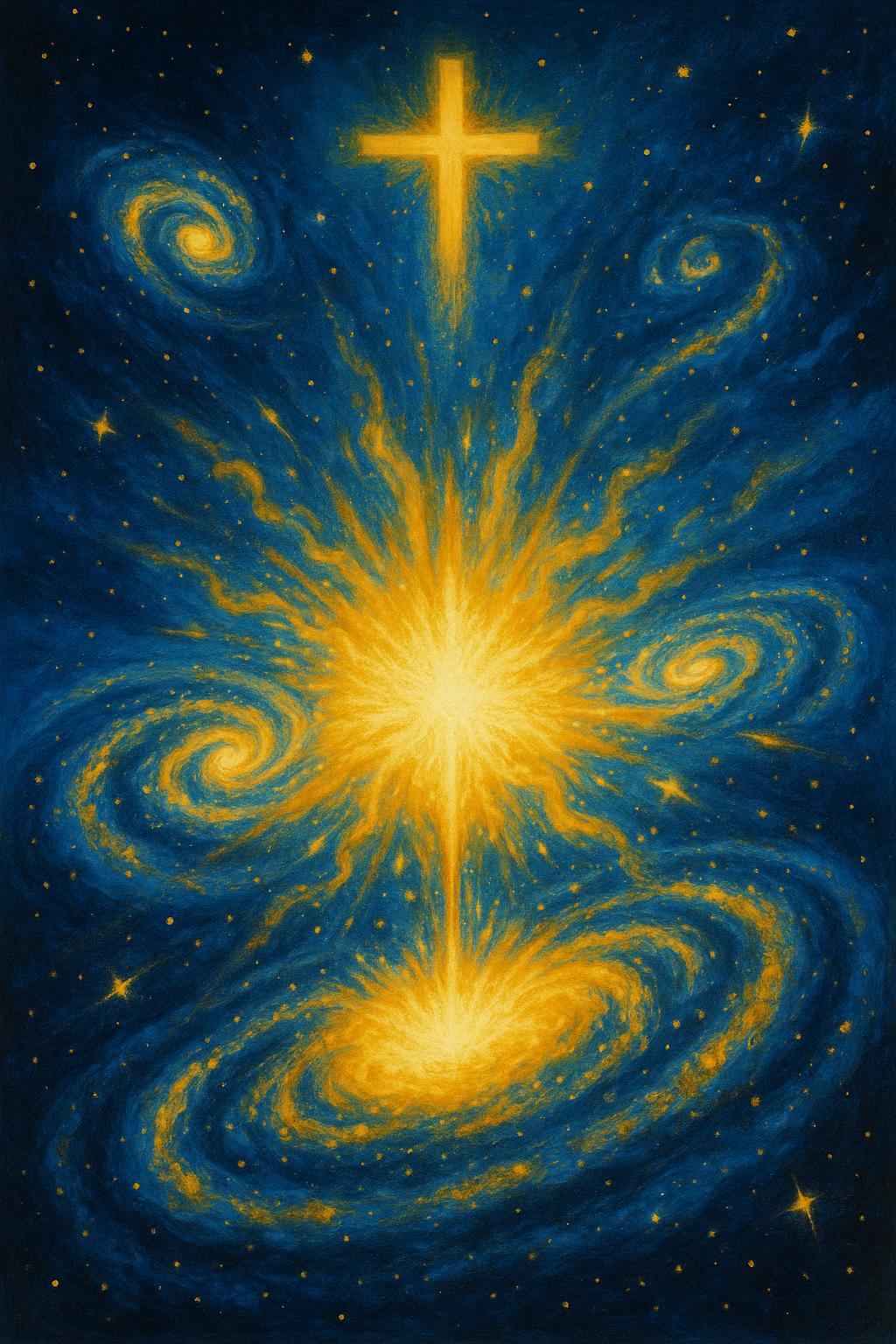
The question of how the universe began has captivated scientists, philosophers, and theologians for centuries. Modern cosmology, through the Big Bang theory, presents a scientific model suggesting that the universe had a definite beginning around 13.8 billion years ago, from a singularity—a point of infinite density and temperature. This concept, though grounded in mathematical physics, raises profound philosophical and theological questions that science alone cannot answer. For Christians, this scientific insight resonates deeply with the foundational belief in a Creator who brought the universe into existence ex nihilo—out of nothing.
The Big Bang and Genesis: Conflict or Harmony?
At first glance, the Big Bang might seem to contradict a literal reading of the biblical creation account. However, many Christian thinkers and scientists see the Big Bang not as a threat to faith, but as a powerful confirmation of it. The idea that the universe had a beginning aligns closely with the biblical assertion in Genesis 1:1: “In the beginning, God created the heavens and the earth.”
Prior to the 20th century, many scientists assumed the universe was eternal and unchanging. The Big Bang theory disrupted this view, opening the door to questions about causality: If the universe began to exist, what caused it? From a Christian perspective, this beginning points to God as the uncaused First Cause, an eternal being outside of space and time who initiated all that exists.
Limits of Science and the Language of Faith
Science is a powerful tool for understanding the “how” of the universe—its structure, laws, and processes—but it is not equipped to answer ultimate “why” questions. Why is there something rather than nothing? Why are the laws of nature intelligible and fine-tuned for life? These are questions that often lead beyond the domain of empirical science into the realm of metaphysics and theology.
The Christian faith does not reject scientific discovery but rather sees it as a means to glimpse the grandeur of the Creator’s work. In Psalm 19:1, the psalmist declares, “The heavens declare the glory of God; the skies proclaim the work of his hands.” Far from being at odds, science and faith can be partners in the search for truth, with science exploring the mechanisms of creation and faith addressing its meaning and purpose.
Mystery and Worship
While science reaches toward the edges of knowledge with theories like quantum gravity or multiverses to explain what came “before” the Big Bang, it also acknowledges the limits of current understanding. In this space of mystery, Christian faith does not claim to have all the details, but it does offer a framework of meaning: that creation is not random or purposeless, but the intentional act of a personal and loving God.
For believers, the mystery at the beginning of time evokes awe and worship rather than confusion. It reminds us of the majesty and transcendence of God, who exists beyond time and space but enters into it in the person of Jesus Christ. The Incarnation brings the story full circle: the eternal Creator becomes part of His creation to redeem it.
Conclusion
The beginning of the universe is a subject where scientific exploration and Christian faith can enter into meaningful dialogue. While science maps the physical unfolding of time and matter, faith addresses the deeper questions of origin, purpose, and destiny. Rather than being in conflict, both perspectives can enrich our understanding of the universe and our place within it. In the vast silence before time began, the Christian hears the echo of God’s creative Word—“Let there be light.”

